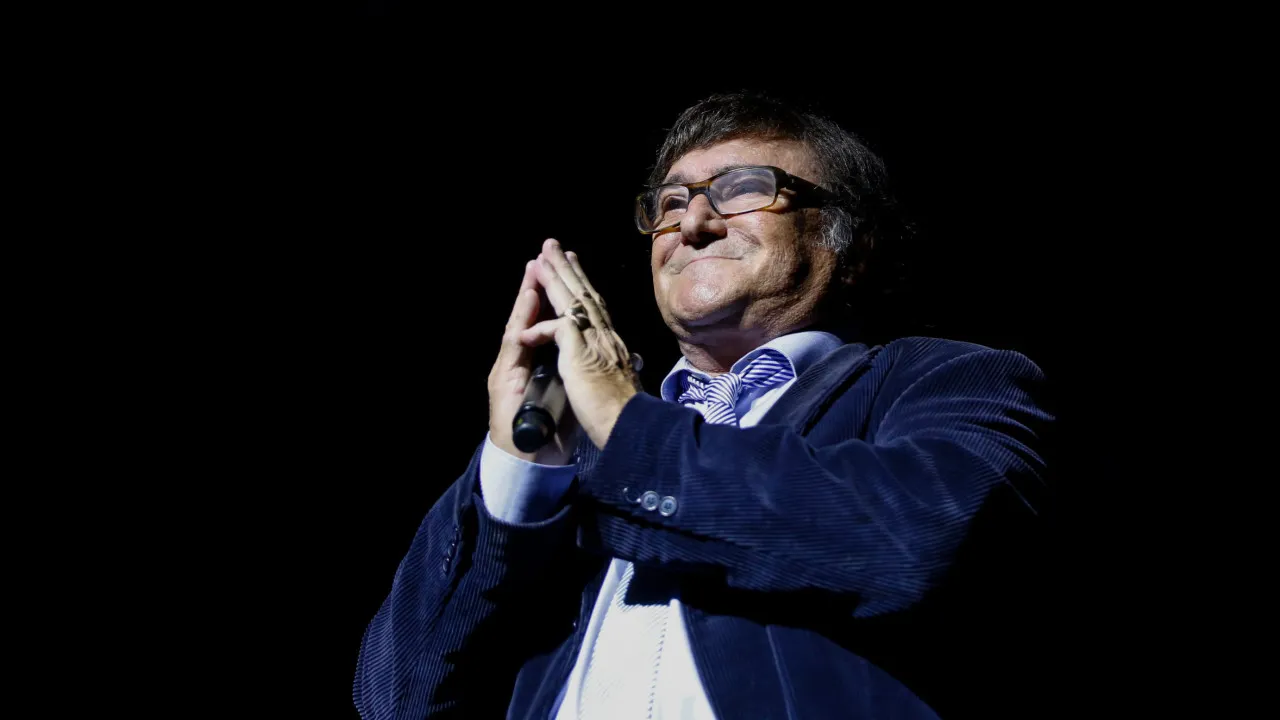
The German steel and engineering group now expects adjusted earnings before interest and taxes to be at the lower end of its previous forecast of 600 million to 1,000 million euros.
Revenues are anticipated to decline by up to 7% this year, compared to the previous forecast of a maximum 3% drop. As a result, the company is reducing investments and has pledged continuous cost reductions.
Thyssenkrupp’s shares dropped by 12% at the opening of the Frankfurt stock exchange, after more than doubling this year, with investors having predicted the company would benefit from the defense sector boom.
The German group is contending with diminished demand from the European automotive industry, where volumes remain below pre-pandemic levels, and with high energy costs following Russia’s invasion of Ukraine.
Once an expansive conglomerate encompassing steel, elevators, and industrial services, the group is currently striving to focus on a narrower set of businesses.
Last week, shareholders approved the company’s plan to partially separate its Marine Systems division, which builds submarines and surface ships for defense sector clients. As of June 30, this business held an order book amounting to 18,500 million euros.
In the fiscal third quarter, Thyssenkrupp’s net loss widened to 255 million euros from a 33 million euros deficit in the same period last year, while sales fell by 9%, affected by moderate demand from automotive sector clients and lower steel prices.
However, orders increased by more than 20%, driven by growth in Marine Systems.
“The last quarter was characterized by enormous macroeconomic uncertainty. We are feeling the weak market environment in key sectors such as automotive, engineering, and construction very much,” stated Thyssenkrupp CEO Miguel Lopez in a press release.




